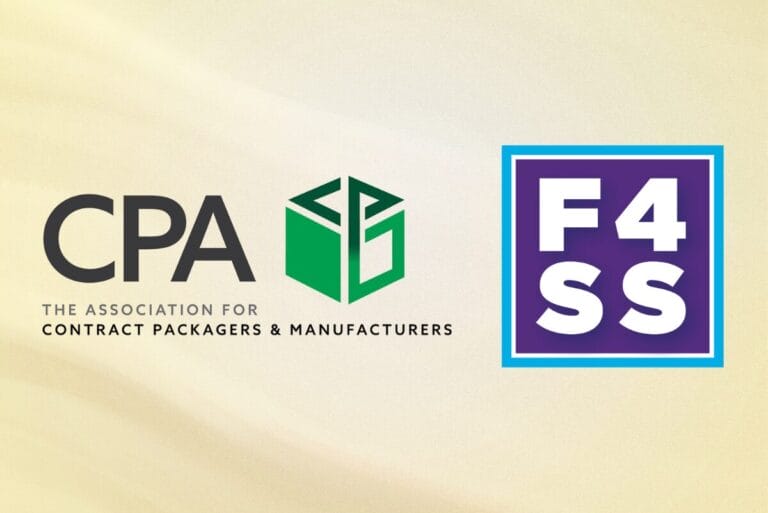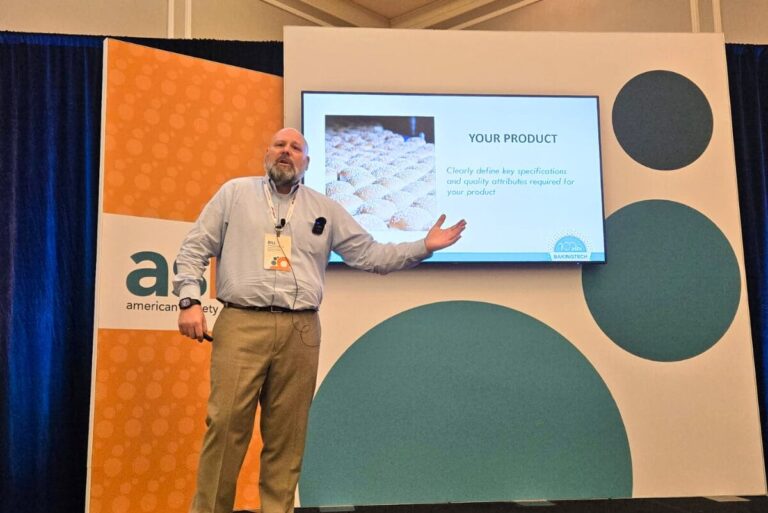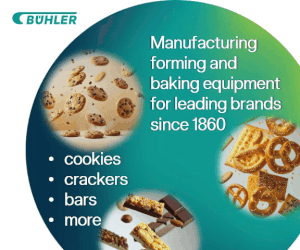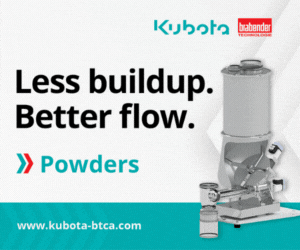KANSAS CITY, MO — While there are literally thousands of contract manufacturers available to meet the needs of brands at either end of the volume spectrum, finding the right match isn’t always so easy. Just as in any relationship, matchmaking can be tricky. While the brands are the ones doing the hiring, many discover that articulating their specific needs isn’t always so simple.
Molly Blakeley, founder and CEO of Eagle River, AK-based Molly Bz Cookies, faces a particular challenge in finding the right manufacturing match for her premium “boozy” cookies that are typically infused with alcohol flavor extracts, many of which also have unique toppings.
“I’ve learned that most manufacturers prefer to do a straight wire-cut, bake and flowwrap,” Blakeley said during Commercial Baking’s podcast, Troubleshooting Innovation. “But mine have frosting, or Fruity Pebbles or marshmallows. They can be a nightmare to make, but my cookies are unique and visually appealing, and that’s part of what made me successful.”









